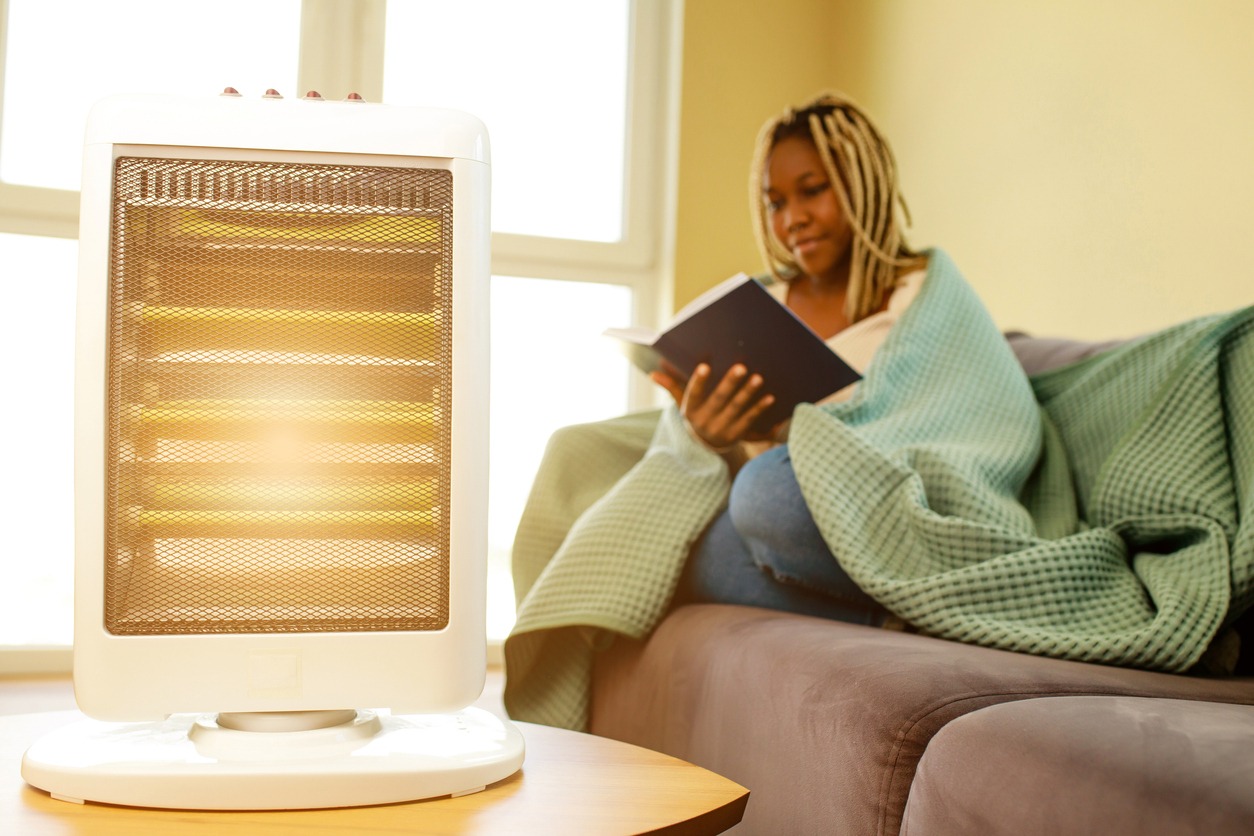A sound heating system is crucial for comfort in the colder months. However, the most common ones are typically gas-powered and are not actually that efficient. They also release harmful gases into the environment, increasing a house’s carbon footprint. Fortunately, technological advances have created a variety of green heating options considered to be more eco-friendly and can reduce your bills.
Geothermal Heating
Geothermal heating uses the Earth’s natural warmth to heat homes during winter. It’s installed underground and can also channel heat out during the summer. Depending on the type, it has a coefficient of performance from 3.1 to 4.1 and is therefore regarded as highly efficient. The installation may be costly, but it will save you money on bills in the long run.
Space Heaters
Space heaters may seem simple, but they have many benefits. Several models now have thermostats and timers to encourage efficient use. There are also smart heaters with app controls for your convenience.
These devices consume less energy than central heating, making them a cheaper option if your space is small, you’re not home often or you don’t need around-the-clock heating. In addition, you can easily move a space heater from one room to another.
Biomass Boilers
Biomass boilers function similarly to gas boilers, but are eco-friendly because they use sustainable materials like wood pellets, chips and logs. They’re great for bigger homes and those who want to switch from their gas appliance to a lower-carbon option.
Wood biomass boilers were found to reduce carbon dioxide emissions by 76-85% and be over 80% energy-efficient. However, the pellets were a bit more expensive than other fuel options. Insulating the pipes can raise the water’s temperature by nearly four degrees Fahrenheit, helping you save money, as less energy is necessary to heat it.
Solar Heating
This method uses the sun to heat the air. It’s cost-effective in the long run and eco-friendly because fossil fuels are unnecessary. The system has one of the fastest investment repayments — in three to six years — and replacing traditional systems will save on energy bills.
However, ensure you live in an area with ample sunlight for a consistent power supply. Less doesn’t mean you can’t use solar heating — you just might need a backup supply.
Air-Source Heating
An air-source heat pump takes heat energy from outdoor air, making it eco-friendly, as it doesn’t use fuel combustion. It can provide double to quadruple the heat than the energy it consumes and is compatible with even the coldest regions.
Today’s models are more efficient thanks to many advancements, including thicker coil designs which improve dehumidification, enhanced motor and compressor designs that optimize energy usage and variable-speed blowers which compensate for dirty filters.
Hydro-Powered Heating
A water-source heat pump is efficient and reliable if you live near a large body of water, like a river or a lake. There are two types of pumps:
- Closed loop, where the pipes are sealed and placed underwater
- Open loop, where the pump uses a borehole to bring water to the surface, extracts energy and returns the water to another borehole
An open-loop system must have anti-freeze features or it could be unusable when the temperature drops below freezing. Both pumps are more efficient than air or ground-source ones, but they have higher maintenance costs and need ample space for installation.
How to Choose Suitable Heating for Your Home
Choosing the right system for your home depends on many factors, including:
- Climate: Before deciding the heating type you want for your space, ensure you live where supply is abundant. For example, you need year-round sunlight for solar power and near a water source for hydro-powered heating.
- Size: The size of your space is essential when deciding the type of heating. Bigger houses would need a larger system capable of providing uninterrupted heating. For example, space heaters are not suitable for your whole home.
- Energy efficiency: Choose energy-efficient options that can reduce greenhouse gas emissions and your carbon footprint. Doing so will also ensure your system doesn’t cause health issues via toxic pollutants and gases released as by-products.
- Cost efficiency: Many green options are not cost-friendly at first. Choose one that reduces your energy bill over time and has low operational expenses.
- Maintenance: All heating systems must be maintained consistently to ensure a long life. Choose systems with fewer requirements and ones not needing major dismantling for servicing.
Lower Your Carbon Footprint and Bills With Efficient Heating
Getting the correct heating system for your home is vital. It determines whether your energy-efficient initiatives are a success, utility bills are affordable and suitable heating is achieved throughout the house, especially when you need it most. Explore these options for budget- and eco-friendly heat to make this winter a little easier on your wallet and the Earth.
Source link
Jane Marsh biofriendlyplanet.com


